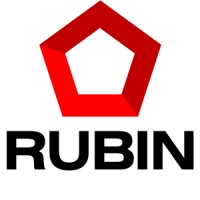
Metalurgica Rio Grande
From an initiative of the employees who have joined together and founded on September 21, 1999 the Cooperative of Producers of Article Industrial Boilers. It started its activities on November 5, 1999 with 4.154,04m² of built area. On January 4, 2008 changed its name to CCRG Industrial Equipment LTD and passed his Cooper's fancy name for Metallurgical boiler Rio Grande Rio Grande that now has a building area of 10,000 square meters and a total area of 100,000m². A company fully prepared to provide equipment for the sugar-energy sector, Distilleries, Fuel Terminals, Fertilizers and Paper and Pulp.






